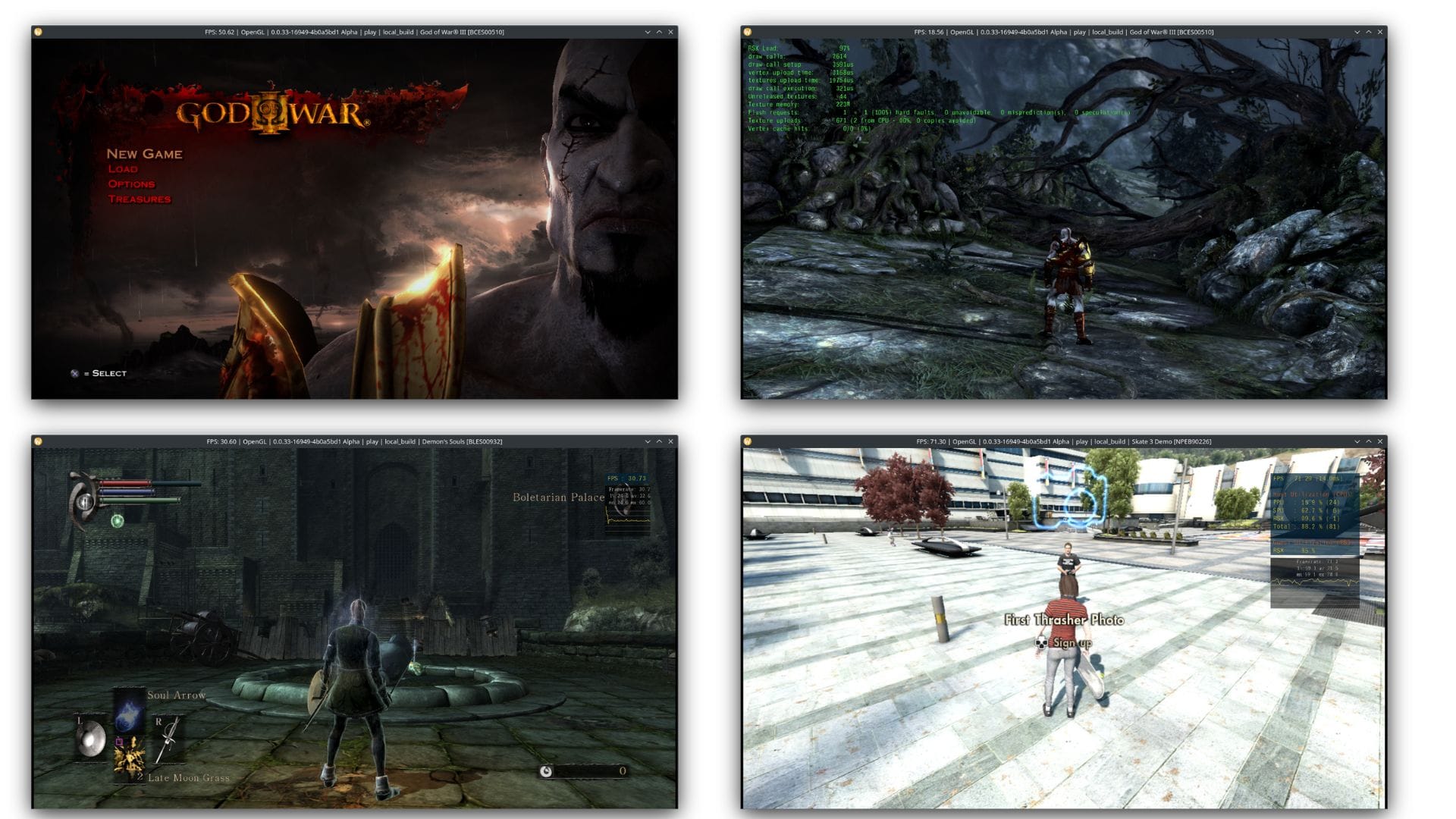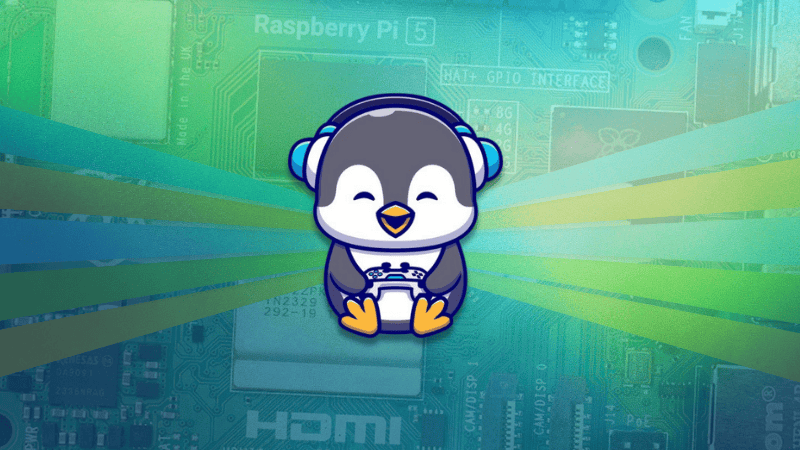
In the world of game emulation, RPCS3 is a well-known name that has been around since 2011, allowing gamers to run PlayStation 3 (PS3) games on modern hardware. Over the years, it has steadily evolved into a robust emulator capable of running thousands of PS3 titles.
It works on Linux, Windows, and macOS, and is supported by an active community of open source developers and end-users. This collaborative effort has ensured that RPCS3 regularly receives updates, new features, and performance upgrades.
Recently, the developers announced the arrival of Arm64 support, marking a significant step towards embracing the increasingly popular CPU architecture.
RPCS3 Now Supports ARM64: What To Expect?
An overclocked Raspberry Pi 5 running some popular PS3 games.
In the works since 2021, the development team of RPCS3 had to go through many obstacles to make this happen. I won't go into the technical details of it, but be assured that they put in a lot of hard work into making this possible.
To showcase their work, they shared some benchmarking numbers and test videos. We start with the assessments for Raspberry Pi 5, where they installed Arch Linux ARM (for its up-to-date packages), and overclocked the board's CPU to 2900 MHz, and the GPU to 1060 MHz.
They initially tested game rendering with Vulkan, but it caused the system to hang after a short period, requiring a power cycle. As a result, they switched to testing with OpenGL, where Mesa's V3D implementation for Broadcom GPUs performed well, rendering all tested games correctly without any visual issues.
However, they had to downscale the resolution to 272p (38% resolution scale), as the onboard GPU on the Raspberry Pi 5 was not powerful enough to render at 720p. The result was that games were running smoothly at up to 30 FPS.
Now that I think about it, the upcoming Pilet line of handheld computers will greatly benefit from this. They can be converted into proper handheld gaming consoles if someone were to install RPCS3 on it and overclock the Raspberry Pi 5 underneath.
Moving on, the results were much better on Apple Silicon, where the RPCS3 team was able to get upwards of ~80 FPS on some titles when running games natively on macOS with an Apple M1 system.
Left: Rosetta 2 x64 → Arm64 translation layer Right: Native
They even tested running games on an Apple M1 system with Asahi Linux installed, and the performance was great there too, though not on the same level as on macOS, as shown above.

If you were wondering what happened to Windows Arm64 support, well, due to not having access to Arm64 devices that could run Windows, the RPCS3 team had to use an Arm64 virtual machine to carry out testing.
They faced some issues, but after debugging, they got RPCS3 running on Arm64 Windows. However, due to a lack of testing hardware, only a few sample games were tested. While homebrew games should work, they mention that commercial titles are likely to encounter problems.
Similarly, for mobile platforms like Android and iOS, the developers have stated that they have no plans to port RPCS3, citing harassment from users within the mobile emulation community, and issues with the redistribution of modified or malicious builds.
You can find the technical details of this newly added support in the official announcement blog.
Get RPCS3 for ARM64
The latest Arm64 builds of RPCS3 for Linux (AppImage) and macOS (.app) can be downloaded from the official website. Those looking to run it on FreeBSD or Windows will have to build from source.
Suggested Read 📖

- Even the biggest players in the Linux world don't care about desktop Linux users. We do.
- We don't put informational content behind paywall. Your support keeps it open for everyone. Think of it like 'pay it forward'.
- Don't like ads? With the Plus membership, you get an ad-free reading experience.
- When millions of AI-generated content is being published daily, you read and learn from real human Linux users.
- It costs just $2 a month, less than the cost of your favorite burger.
Become a Plus Member today and join over 300 people in supporting our work.











